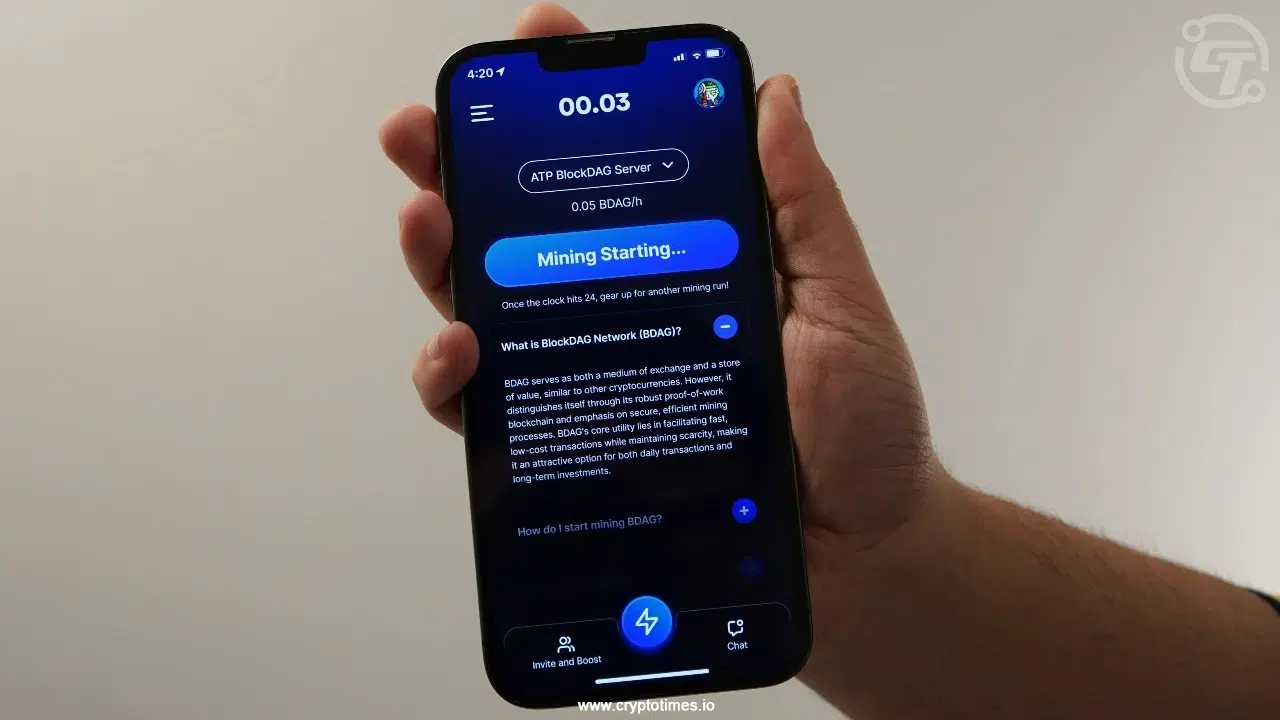
Start Small: 3 Great Business Ideas for Students
Starting a business while in school might sound like a daunting task, but it can be an incredibly rewarding experience. Not only does it offer an opportunity to earn some extra money, but it also provides valuable life skills and practical experience that can benefit students in the long run. For students, the key is to choose business ideas that are manageable alongside their studies and don’t require significant upfront investment. Here are three great business ideas for students to consider:
1. Freelance Services
Overview:
Freelancing offers a flexible way to earn money by leveraging your skills. It can be anything from writing and graphic design to web development and digital marketing. With the rise of remote work and online platforms, students can easily tap into a global market.
Why It’s Ideal for Students:
- Flexibility: Freelancing allows students to set their own schedules, making it easier to balance work with school commitments.
- Skill Development: It helps in honing skills that are valuable in the job market, such as communication, time management, and problem-solving.
- Low Startup Costs: Starting a freelance business usually requires minimal investment beyond a computer and internet connection.
How to Get Started:
- Identify Your Skillset: Determine what services you can offer based on your existing skills or interests. For example, if you excel at writing, consider offering content creation services.
- Build an Online Presence: Create a professional profile on platforms like Upwork, Fiverr, or Freelancer. Having a personal website or portfolio can also enhance your credibility.
- Network and Market: Use social media and professional networks to market your services. Engage in online communities related to your field to find potential clients and build relationships.
Potential Challenges:
- Competition: The freelancing market can be competitive, so it’s essential to differentiate yourself with unique skills or niche services.
- Client Management: Handling client expectations and managing multiple projects can be challenging, especially if you’re juggling schoolwork.

2. Tutoring and Academic Support
Overview:
Tutoring is a great business idea for students who excel in a particular subject or have a knack for teaching. Offering academic support to peers or younger students can be both fulfilling and financially rewarding.
Why It’s Ideal for Students:
- Leverage Existing Knowledge: You can provide tutoring in subjects you are already familiar with, making it easier to offer valuable assistance.
- Flexible Hours: Tutoring can be scheduled around your classes, making it a convenient option for busy students.
- High Demand: There’s always a demand for academic support, particularly around exam times or for challenging subjects.
How to Get Started:
- Identify Your Strengths: Choose subjects or areas where you have expertise and can confidently teach others.
- Advertise Your Services: Use campus bulletin boards, social media, and local community groups to promote your tutoring services.
- Set Competitive Rates: Research what other tutors in your area are charging and set rates accordingly. Offering a first session free or at a discounted rate can attract initial clients.
Potential Challenges:
- Time Management: Balancing tutoring with your academic workload can be challenging, so it’s crucial to manage your time effectively.
- Client Engagement: Ensuring that your students remain engaged and motivated can sometimes be difficult, requiring patience and effective teaching strategies.
3. E-Commerce and Online Retail
Overview:
Starting an e-commerce store is an exciting business venture for students who are interested in retail and marketing. With platforms like Etsy, eBay, and Shopify, it’s easier than ever to set up an online store and start selling products.
Why It’s Ideal for Students:
- Scalability: E-commerce businesses can be scaled from a small, home-based operation to a larger enterprise as you grow.
- Creative Outlet: Selling unique or custom products allows you to explore your creative side and cater to niche markets.
- Learning Opportunity: Running an e-commerce store provides practical experience in areas like inventory management, marketing, and customer service.
How to Get Started:
- Choose Your Niche: Decide what products you want to sell. This could be anything from handmade crafts to vintage items or dropshipping products.
- Set Up Your Store: Choose an e-commerce platform that suits your needs. Platforms like Shopify offer easy-to-use templates and integration with payment gateways.
- Market Your Products: Use social media, search engine optimization (SEO), and email marketing to attract customers. Building a brand and engaging with your audience can help drive sales.
Potential Challenges:
- Inventory Management: Keeping track of stock and managing orders can be complex, especially if you’re selling physical products.
- Marketing Efforts: Attracting customers and driving traffic to your online store requires consistent marketing efforts and may involve costs for advertising.
Conclusion
Starting a business as a student can be a fantastic way to gain experience, develop new skills, and earn some extra income. Freelancing, tutoring, and e-commerce are three viable options that offer flexibility and low startup costs, making them ideal for students. Each idea comes with its own set of challenges, but with careful planning and dedication, students can successfully navigate these obstacles and build a thriving business. By starting small and focusing on manageable goals, students can lay the groundwork for future success and gain invaluable experience that will benefit them in their academic and professional careers.


